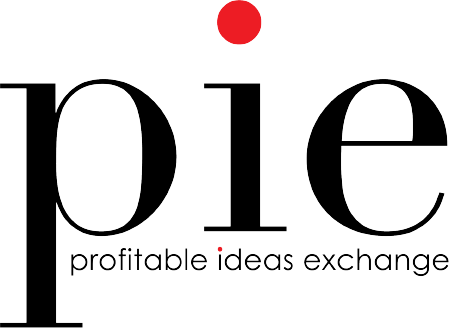Originally published in Chief Executive
In more complex terms, it comes down to the transitive property of trust and the dynamics of knowledge asymmetry—but in simpler terms, credibility comes from the head and trust comes from the heart.
Everyone in professional services holds this truth to be self-evident: It’s critically important that your clients trust you.Less obvious is how service providers can earn and develop that trust, especially with potential clients.
One of the best ways to communicate “I’m trustworthy” to clients and potential clients is to turn business down.
That may sound counterintuitive—how can I earn someone’s trust if I don’t work with them? But this concept makes total sense when you understand the difference between credibility and trust.
In simplest terms, credibility comes from the head and trust comes from the heart. In more complex terms, it comes down to the transitive property of trust and the dynamics of knowledge asymmetry. Let’s explore.
The Difference Between Credibility and Trust
Credibility is evident in a case study or an advanced degree. Someone with a CPA or CFA has validation from an established third party they are qualified to do certain kinds of work. And if you see a service professional has worked with a Fortune 500 company or other established entity, you’re more likely to believe they’re a credible provider of a given service, whether that’s accounting or cybersecurity.
The issue is you can simultaneously be credible, but not trustworthy.
WeWork is a glaring example. The company is quite credible as a brand—arguably the brand—for shared office space. The company knows how to credibly lease and operate commercial real estate.
But WeWork’s S-1 filing revealed a series of self-serving dealings by co-founder Adam Neumann, which called into question his trustworthiness and helped scuttle the company’s planned IPO. Amid the fallout, Neumann was first forced out as CEO and later stepped down from the company’s board. (Yes, he walked away with an egregious amount of wealth, but it’s unlikely he’ll ever be trusted by investors, or potential employees, again.)
In other words, someone could hit the mark as both credible and reliable at a given set of tasks and still be a scoundrel. In the long term, what separates the scoundrels from successful service providers is trust which, again, must be earned.
Earn Their Trust & Show Your Worth
Trust is your impression of another human being. Clients grow to trust service providers by working with them and spending time with them. Trust is also transferable: Most people are likely to stop shopping around for a provider if they’re given a referral from a trusted person. I trust Greg and if Greg trusts Jill…
Think of it as the ‘Transitive Property of Trust’: One of the best ways to create new relationships and find new clients is to ask current relations to whom they can refer you.
Additionally, look for opportunities to demonstrate trustworthiness. When an auto mechanic says ‘you don’t need new brakes’ or a consultant says ‘we always fly economy and share hotel rooms,’ they’re sending a subtle message about having the client’s best interest at heart.
Which brings us back to turning down business. Saying “no” to potential work that you’re either not fully qualified to do—say a contract lawyer asked to set up a will or trust—or unable to tackle because of other projects, you’re sending a clear message: Even though it’s in my interest to charge you, I’m not going to do that because it’s ultimately not in your best interest.
Doing that establishes trust, which will benefit you when that person does need your expertise or when someone asks them for a referral in your specialty.
Having a client’s best interests at heart is particularly important for professional service providers because of knowledge asymmetry. Even if they hire someone else to do it, most people know how to clean their house or cut the grass. Or can figure out how to do it.
But when it comes to accounting or cybersecurity or the law, laypeople don’t know what they don’t know. That’s why they buy professional services in the first place and don’t typically opt for the “cheapest” attorney or accountant. Instead, people usually choose providers who’ve been referred to us by someone we trust or has otherwise earned a sterling reputation.
Trust is a close cousin of character.The best service providers drive for actions where your self-interest is in conflict with the client’s and then choose to do the “right” thing, i.e. the thing that’s in the client’s best interest.


